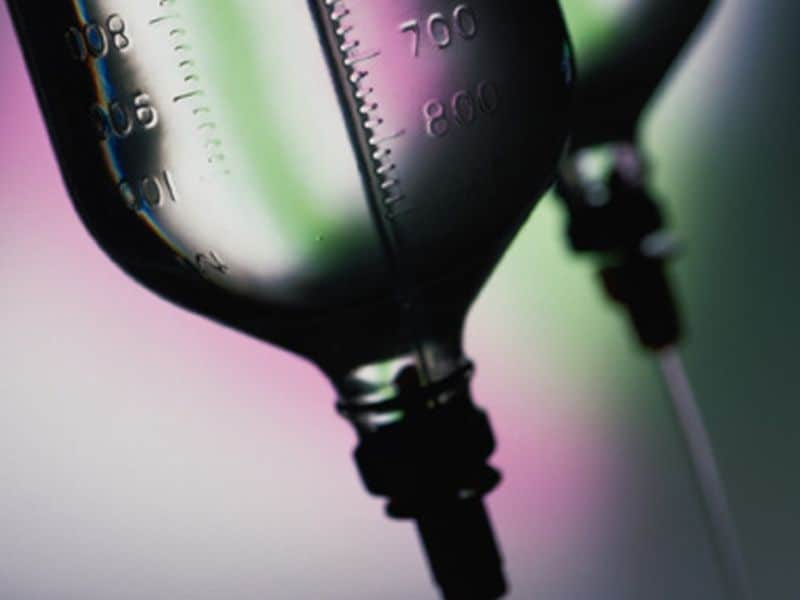More patients with acute ischemic stroke in RIPC group had excellent recovery at three months
THURSDAY, Oct. 8, 2020 (HealthDay News) — For patients with acute ischemic stroke (AIS) undergoing intravenous thrombolysis (IVT), remote ischemic postconditioning (RIPC) is associated with improved clinical prognosis, according to a study published online Oct. 7 in Neurology.
Jia-qi An, M.D., from The First Affiliated Hospital of Xi’an Jiaotong University in China, and colleagues conducted a single-center, randomized trial in AIS patients receiving IVT. A total of 34 patients were randomly assigned to receive RIPC treatment after IVT during hospitalization, and 34 controls did not receive RIPC. The RIPC group received five cycles of RIPC, consisting of automatic alternating cuff inflation and deflation on both arms twice a day throughout the duration of hospital stay.
The researchers found that excellent recovery (modified Rankin scale score of 0 or 1 at day 90) occurred in 71.9 and 50 percent of patients in the RIPC and control groups, respectively (adjusted risk ratio, 9.85). Compared with controls, the RIPC group had significantly lower plasma S100 and higher vascular endothelial growth factor levels.
“Repeated RIPC during hospitalization produced favorable effects on the recovery of nerve function as measured by a three-month clinical outcome,” the authors write. “This novel treatment of combined intravenous tissue plasminogen activator and RIPC may improve the prognosis of patients with AIS.”
Abstract/Full Text (subscription or payment may be required)
Copyright © 2020 HealthDay. All rights reserved.

